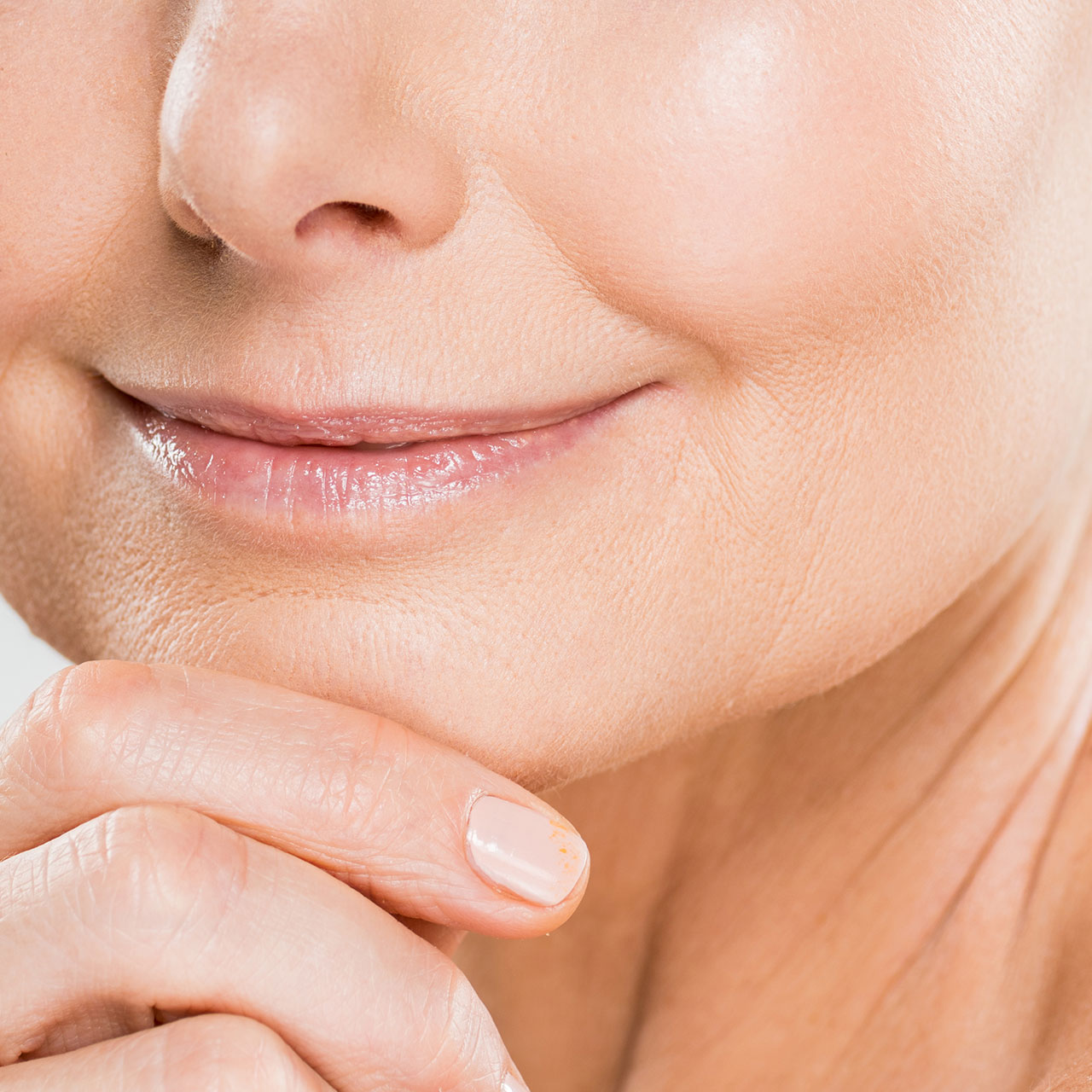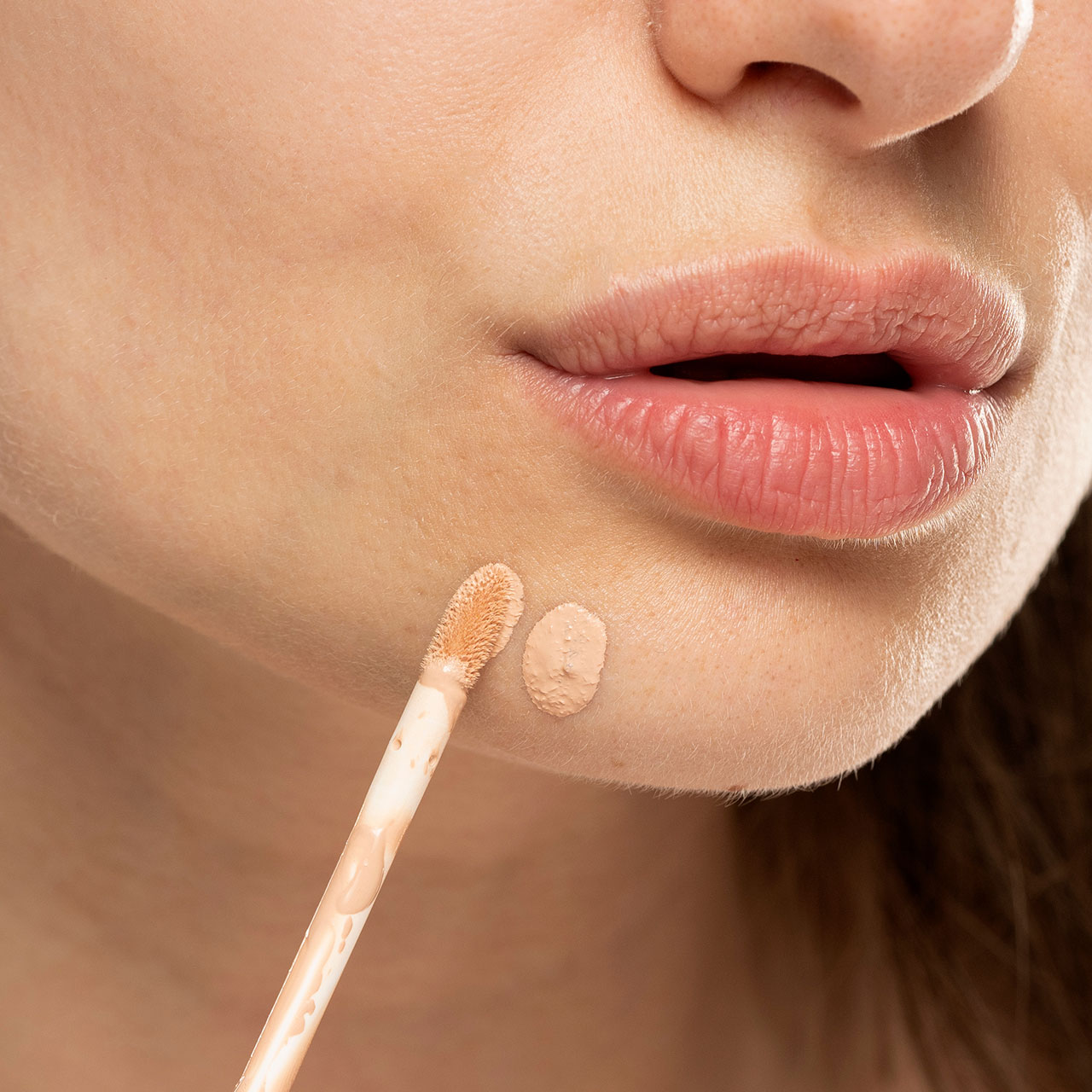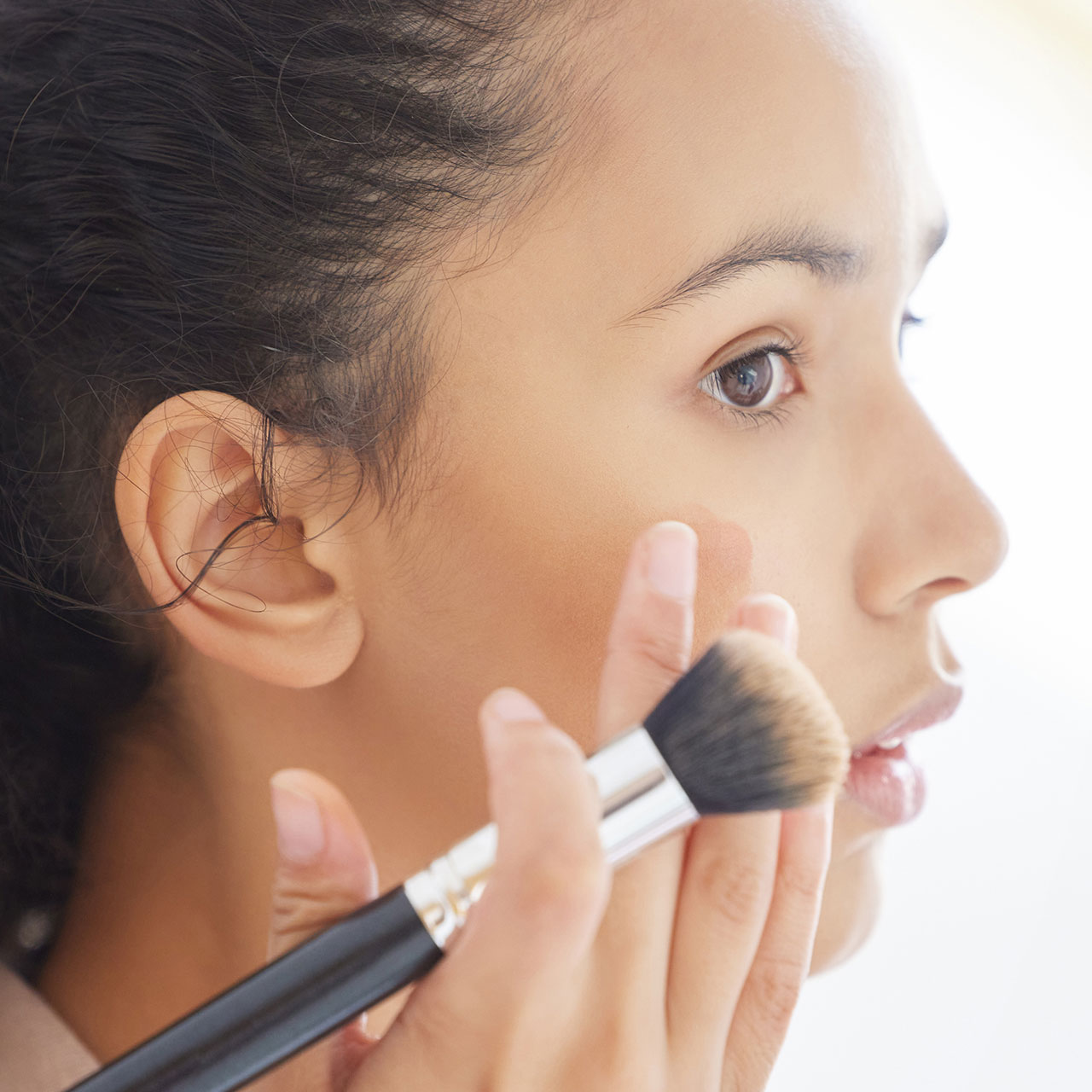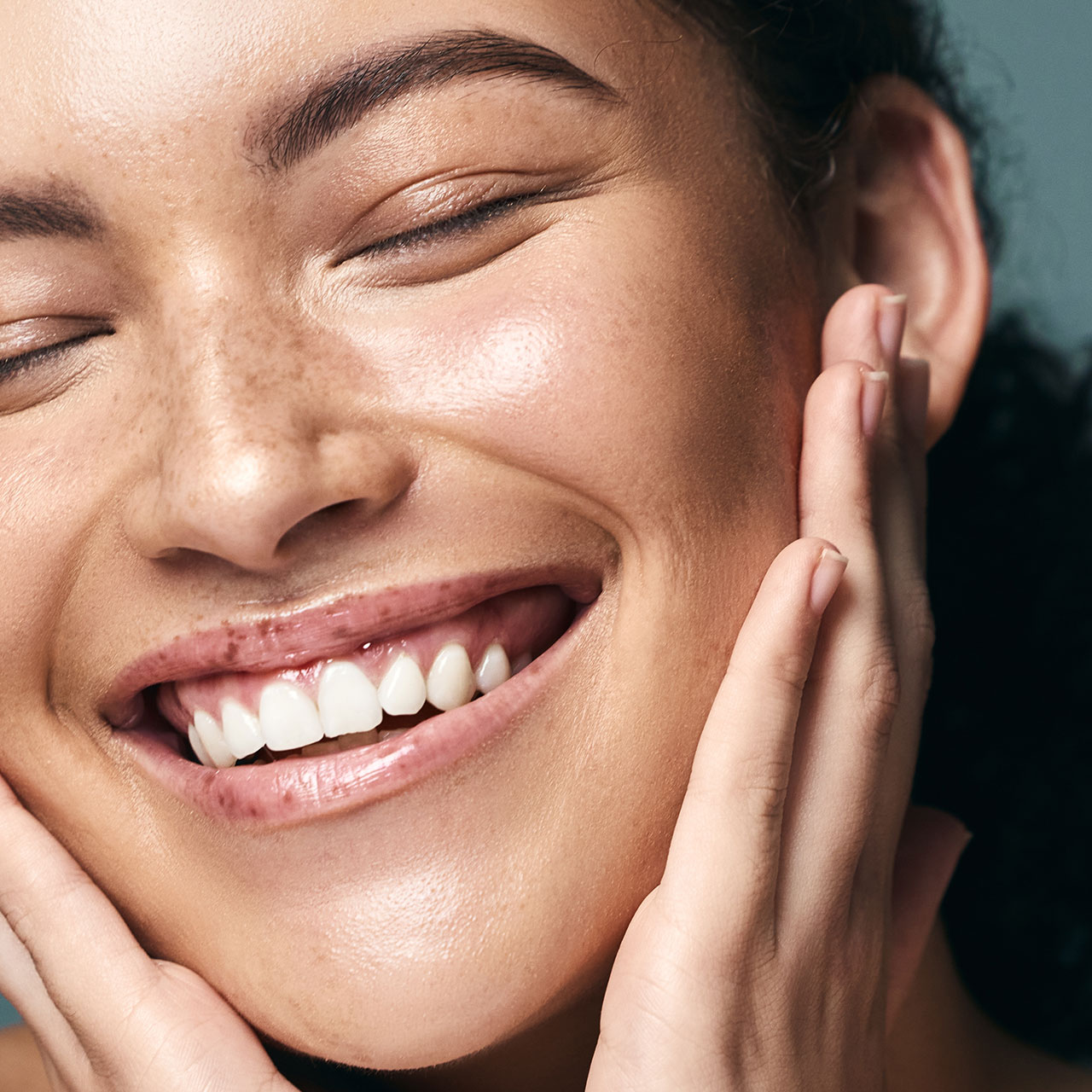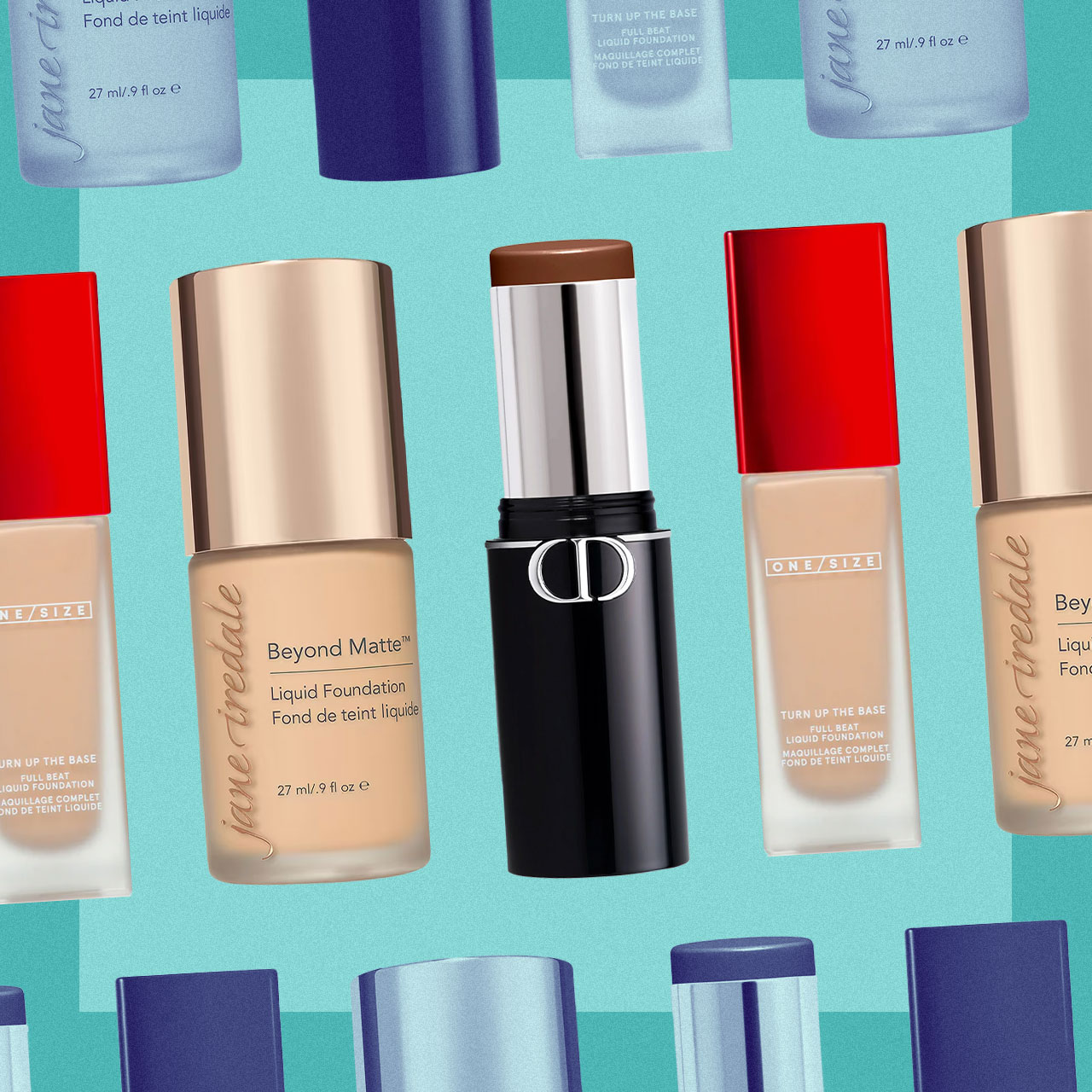This is an archived article and the information in the story may be outdated. Please check the time stamp on the story to see when it was updated last.
If you’re experiencing hair loss, adding a supplement to your routine could make a world of difference. When your diet lacks certain nutrients, it can affect your body in various ways–even impacting your hair health. Likewise, choosing the right hair growth supplement to make up for this lack of nutrients could help you see thicker, healthier hair sooner.
Dendy Engelman, M.D., board-certified dermatologic surgeon at Medical Dermatology & Cosmetic Surgery, tells Prevention, “Hair growth supplements are helpful for anyone who is experiencing hair loss, hair thinning, or for those who just want thicker or longer hair.”
There are a few ingredients you should prioritize when it comes to supplements. Engelman explains, “Hair thrives on protein, iron, zinc, and vitamin B12, which support hair structure and growth and moisturize the scalp, among other functions. If you are not getting enough nutrients from your diet, supplements can increase low levels.”
With that in mind, keep reading for more details on what you should look out for when choosing a hair growth supplement.


Protein
If you are not getting enough protein in your diet, it's a good idea to start using a protein powder. Although there are many different brands and options, one popular one--especially among those who are suffering hair loss--is collagen protein. Many of these protein powders can be added to water, coffee, or smoothie, making it easier to ensure you are getting the correct dose of protein each day.

Iron
Getting enough iron in your diet is also important for healthy hair. Healthline explains, "When you don’t have enough iron, your body can’t produce the hemoglobin in your blood. Hemoglobin carries oxygen for the growth and repair of cells in your body, including the cells that stimulate hair growth."
Besides adding in an iron supplement, you should also try eating more foods that are high in Vitamin C, which can help your body absorb the iron more efficiently.

Zinc
You also want to make sure you are getting enough zinc in your diet. Abraham Armani, MD, a hair restoration surgeon and hair loss expert, explains to WebMD that a zinc deficiency can cause hair loss. Plus, it can damage your remaining hair, making it more susceptible to breakage and fall out.

Vitamin B12
If you're noticing thinning hair, a lack of vitamin B12, an important nutrient for hair growth, could be at play.
According to HairClub, "B12 promotes healthy hair growth by assisting in the production of oxygen-rich red blood cells, which feed hair follicles."
Before adding any supplements to your routine, consult your doctor to learn what's right for you.







